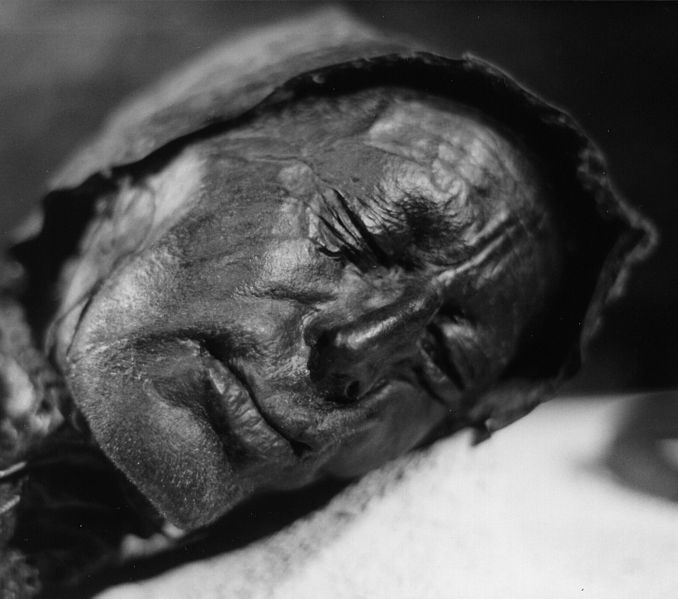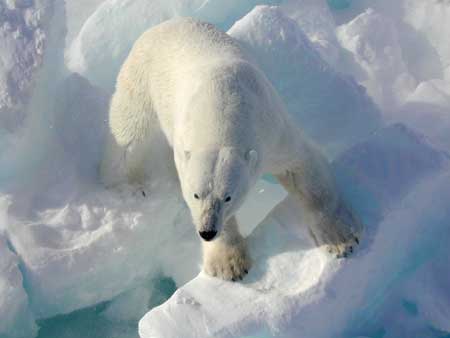 Not only am I once again reading the works of my old favourite authors, with new installments in the Egypt series—Wilbur Smith—and the Thomas Covenant series —Stephen R. Donaldson—but 2015 is the year I will finish the longest story I've ever written. Now that the first draft is complete, I've quickly realized it's merely a beginning.Yes, perhaps an epic sci-fi fantasy is in the works.
Not only am I once again reading the works of my old favourite authors, with new installments in the Egypt series—Wilbur Smith—and the Thomas Covenant series —Stephen R. Donaldson—but 2015 is the year I will finish the longest story I've ever written. Now that the first draft is complete, I've quickly realized it's merely a beginning.Yes, perhaps an epic sci-fi fantasy is in the works.No matter how many "new and unusual" books I release, Ice Tomb seems to sell the most. Everyone loves (or hates, but still buys) Ice Tomb. And at the present time I am uninspired to write a sequel. Yes, the premise was wild and appealing, but I still find the story too ancient and amateurish to pick up the threads since I wrote it over ten years ago. So I decided to embark on writing another Ice Tomb-ish story, with a wild and appealing premise, but with even deeper research into the main scientific concept and a more distant otherworldly setting: Mars.

Last March, and for the following three months, I took an online course at MIT to upgrade my dated expertise in science, particularly in genetics and genetic engineering.
I developed a "research paper" which will be incorporated in the book. It is based to some degree on facts, but with added fictional components. In other words, nothing in the paper is true except the truth itself. After all, genetic engineering is a relatively new science, and perhaps some of what I propose will eventually be possible. Believe what you will, read what you like, but this paper is completely layered in professional jargon since I approached it in a professional manner, so I added explanations in the novel to avoid confusion.
Entitled The Furies Bog, the story revolves around this line:
A bog may be Earth’s undoing, but it will be a gift to Mars.
Intrigued? But what has a bog got to do with genetic engineering, you may wonder? What do the furies of ancient Greece have to do with a bog?
I'm not going to tell you.
But just the title alone and that one line do tell a great deal. They suggest that the story is set in the near or distant future, because Mars is involved. They also suggest there is a link to the past. (You know I like to insert such links into my Ice Tomb-ish stories). And of course, on occasion, bogs and archaeology go hand in hand. For example, the bog bodies of northwestern Europe.

I will be releasing snippets of rough material over the next few months as I work on revising the first draft. I completed the final third of the novel during NaNoWriMo (National Novel Writing Month) in November, so you can imagine how ridiculously huge this novel is. But I promise it will still be fast-paced. And I hope you will find it as fascinating-ish as Ice Tomb.
So this is how we begin the series, you—my fabulous Ice Tomb fanatics—and I—adventure writer, attempting, as always, to entertain you . . . Remember, this is a rough, unedited version.
The Furies Bog
Part I: The Discovery
Teresus (king of the Thracians) came to Pandion’s aid and smashed the enemy armies, thus winning a great renown for his glorious victory. Pandion, impressed by his wealth, the number of his retainers, and his glorious ancestry (which he traced back to Mars himself), gave him Procnê as wife. But Juno, patron of wedlock avoided the feast . . . . No Graces attended their marriage. Only the furies were there, with torches snatched from a tomb.
—Ovid, Metamorphoses 6.424-431

1.
Baruti cringed as a gust of polar wind swept through the inadequately insulated helicopter and swirled eddies of crisp, bracing air around his face. He breathed out. Ghostly white. He shivered and leaned subtly toward his companion, another perhaps more sane biologist.
Shaun Wilson, a tall ropy fellow with uncanny green eyes and a flop of blond hair reaching nearly to his nose, looked up from his perusal of his GPS, aimed a somewhat wicked smile at him and crooned through the mic, “A little cold, my friend?”
“You call this summer?” he grunted.
“Still wavering on spring, but yes, it can feel like the dead of winter. Especially if you’re from Botswana.” He added a sly wink.
Baruti suppressed another shiver and slunk even deeper into his thin layer of fleece.
“Honestly, I don’t know why a man would leave his perfectly comfortable life recording the wildlife of the Okavango Delta and come here.” His hand swept the view outside the window, miles of stunted black spruce bordering on vast polygons of worsted vegetation surrounding syrupy brown water. Miles of unchecked bog—lichen and moss the predominate plant life—a good place to sink and disappear. Yet there was something so calm about it. So . . . unmolested.
Colors flourished in the gray dawn. Fringes of sunlight tickled the many ponds, transforming the melting ice into a kaleidoscope of green, yellow, turquoise, even rust. A migrating herd of caribou raised their great antlers as the copter sped past, pausing in their search for a spikelet of sedge to crop. Small birds flapped in the air, and one grand creature with a six-foot wingspan hovered off the coast. An eagle, perhaps?
“Yes, it does seem odd,” said the pilot, a thickset, black-bearded Canadian of undoubtedly Italian origin. DeLuca was his name. Wilson said he doubled as a geologist, in a rather sneering manner. Wilson liked to sneer, he noted. And joke. And wink.
Obviously he took no delight in inorganic substances.
“Too dry and dusty at times. Too moleto. Hot. I needed a change.”
“One extreme to the other, though, man,” said DeLuca. “Why didn’t you choose something moderate? South of France. Now that would be the ticket.”
“And what would I study there?” asked Baruti. “Sunbathers?”
“Sun worshipers. In bikinis.” He looked back and winked; the helicopter shimmied and dropped a few sickening yards.
Baruti clutched the seat cushion, his heartbeat matching the thumping of the rotors. “Dr. DeLuca . . .”
“Tony,” he replied, swerving and swaying the craft back to level. “And no, Baruti. I’m not going to crash us . . . today.”
A strong gust of wind begged to differ as it grabbed the craft and shook its threadbare aluminum frame, rattling every loose component and sending the copter into a miniature rotation. Tony fought the controls and barely averted a death spiral.
Bile filled Baruti’s throat. What had possessed him to pursue . . . no, take this course of action as a biologist in the extreme north of Canada.
Watch your words, even in thought. It’s easy to let thoughts slip into speech.
Wouldn’t it have been simpler to follow the demise of the declining populations of ostriches or wildebeest in the delta? Or even to have resumed his studies of the gorilla in the Congo? And if he must come to this bone-withering, frostbitten land, why not study the woodland fox or the dwindling packs of wolves near the southern border? Why Polar Bear Provincial Park? Why polar bears?
It was the only option. Yes, of course, only option . . . for an insane man on an insane mission.
****
End of Excerpt 1
End of Excerpt 1

No comments:
Post a Comment